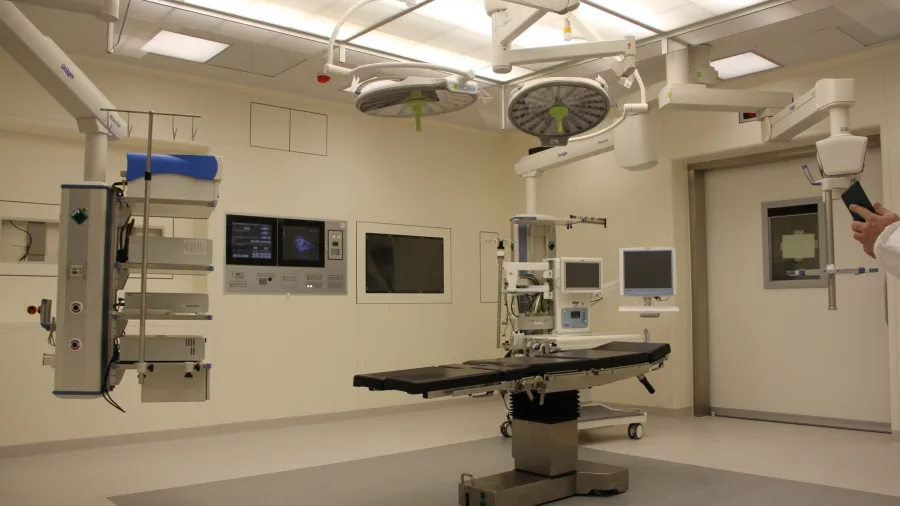
APAC seen as significant player in internet of medical things market by 2030: study
IoMT can help healthcare providers streamline workflow with real-time data, monitoring and analysis.
Asia Pacific’s internet of medical things (IoMT) market is projected to expand at a 20% compound annual growth rate by 2030 on skyrocketing demand for remote healthcare solutions, according to a report by market intelligence firm SkyQuest.
“Asia Pacific has emerged as a significant force in the IoMT market and is expected to continue its dominance by 2030,” SkyQuest said in a statement, noting that the anticipated growth will be driven by “increasing investments in the sector, rising demand for advanced medical devices and government initiatives to promote digital health.”
IoMT is a collection of smart medical devices and applications connected within a network through the internet.
This allows healthcare providers to monitor patients in real-time, improve accuracy of diagnosis, streamline workflows, track inventory and even automate processes, among other things.
Globally, the IoMT market is expected to register a 28.9% compound annual growth rate between 2023 and 2030. IoMT solutions and devices could result in $300b worth of savings for the world’s entire healthcare industry according to the study’s estimates.
Robust demand for wearable medical devices for remote patient monitoring as well as advancements in sensor technologies have been the major growth drivers for the sector worldwide.
SkyQuest expects this trend to continue throughout the decade as virtual consultations and issuance of electronic prescriptions gain popularity.
The study also found that companies are already pouring resources into the sector, with the majority of healthcare executives choosing investments in digital health technologies as a priority.
Aside from Asia Pacific, North America is also expected to outperform in the IoMT market this decade with an estimated 18.2% annual growth rate by 2030.
The continent houses some of the biggest players in the industry, like Chicago-based GE Healthcare and Cisco Systems, which is headquartered in California.



















 Advertise
Advertise






